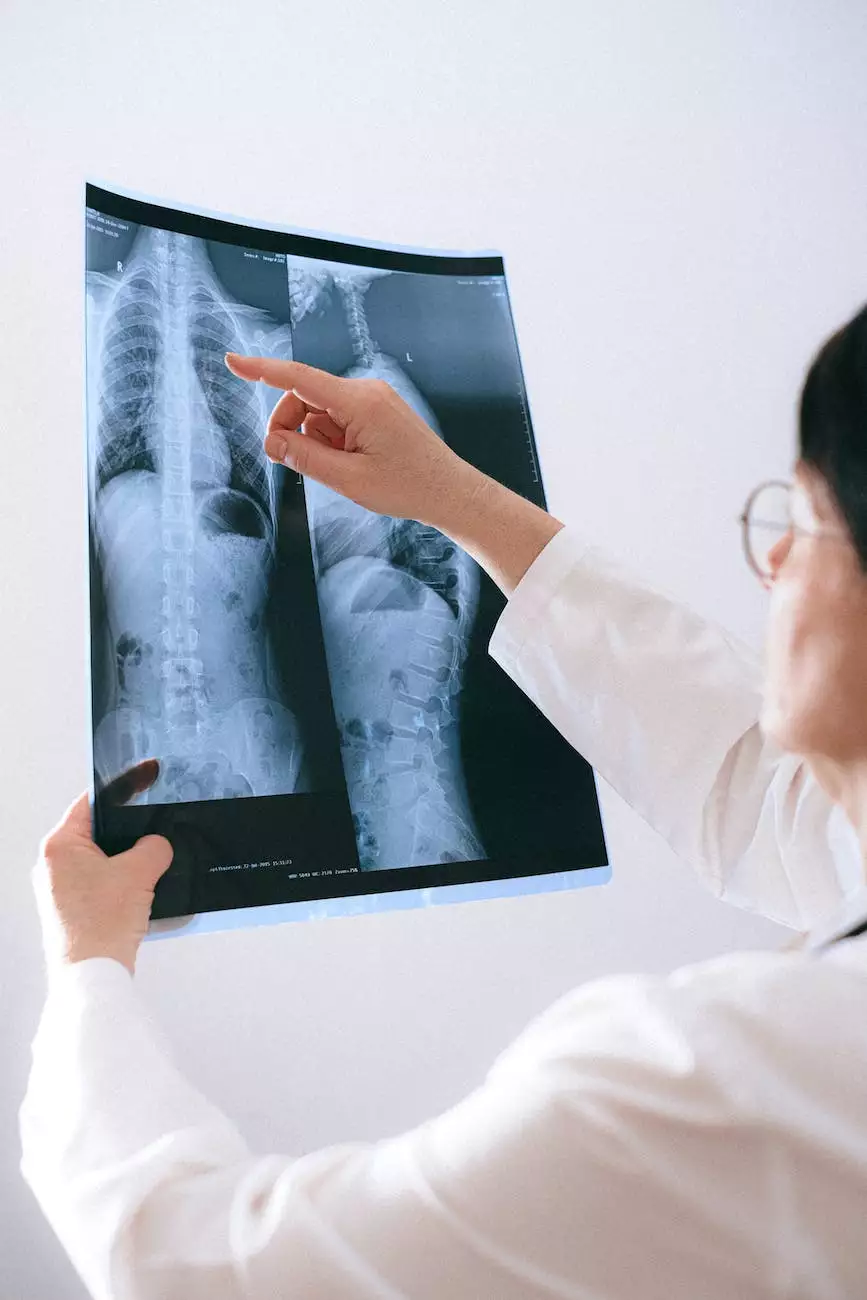August is Psoriasis Awareness Month - Sibel Blau
News & Events
What is Psoriasis?
Psoriasis is a chronic autoimmune disease that affects the skin cells. It is a common condition that affects millions of people worldwide. During the month of August, which is Psoriasis Awareness Month, we aim to educate individuals about this condition, its causes, symptoms, and available treatment options.
The Causes of Psoriasis
The exact cause of psoriasis is yet to be fully understood. However, researchers believe that it is a combination of genetic and environmental factors that play a significant role in its development. Individuals with a family history of psoriasis are more likely to develop the condition themselves.
Understanding Psoriasis Symptoms
Psoriasis is characterized by the rapid buildup of skin cells, resulting in the formation of red, itchy, and scaly patches on the skin's surface. These patches, also known as plaques, can appear on various parts of the body, including the scalp, elbows, knees, and lower back.
Common psoriasis symptoms include:
- Red patches of skin covered with silver-like scales
- Itching and burning sensation
- Dry and cracked skin that may bleed
- Thickened, pitted, or ridged nails
- Swollen and stiff joints
Treatment Options for Psoriasis
While there is currently no cure for psoriasis, various treatment options are available to manage the condition and alleviate its symptoms. The choice of treatment depends on the severity of the symptoms and the individual's overall health. Some effective treatment approaches include:
Topical Treatments
Topical creams, ointments, and lotions are commonly prescribed to reduce inflammation, itching, and scaling of psoriasis plaques. These medications usually contain corticosteroids, vitamin D analogues, or retinoids.
Systemic Medications
For more severe cases of psoriasis, systemic medications may be prescribed. These medications work internally to target the root causes of psoriasis and reduce inflammation throughout the body. Systemic medications can include oral medications, biologics, and immunosuppressants.
Phototherapy
Phototherapy involves exposing the affected skin to ultraviolet (UV) light to slow down the production of skin cells. This treatment option is often used in combination with other topical or systemic treatments for better results.
Living with Psoriasis
Psoriasis is a chronic condition that requires long-term management. Alongside medical treatments, certain lifestyle changes can help individuals cope with psoriasis more effectively:
Moisturize regularly:
Keeping the skin moisturized can help reduce dryness and itchiness associated with psoriasis. Opt for fragrance-free moisturizers and apply them after showering or bathing.
Avoid triggers:
Identify and avoid triggers that worsen your psoriasis symptoms. Common triggers include stress, certain medications, infections, and cold, dry weather.
Maintain a healthy diet:
Avoid excessive consumption of alcohol and processed foods, as they can potentially worsen psoriasis symptoms. Instead, focus on a balanced diet rich in fruits, vegetables, and whole grains.
Manage stress:
Stress can aggravate psoriasis symptoms. Practice stress management techniques such as yoga, meditation, or engaging in hobbies that help you relax and unwind.
Get Involved During Psoriasis Awareness Month
Psoriasis Awareness Month in August provides an opportunity for individuals to raise awareness, support fellow psoriasis patients, and contribute to ongoing research efforts. Here are a few ways you can get involved:
Share your story:
Spread awareness by sharing your own experience with psoriasis on social media or through personal blog posts. Your story can inspire others and encourage them to seek help.
Participate in events:
Join local or virtual events organized during Psoriasis Awareness Month. These events create platforms for education, advocacy, and community-building.
Support psoriasis organizations:
Consider making a donation or volunteering your time with organizations dedicated to psoriasis research and support. Your contribution can make a significant impact.
Conclusion
As August is Psoriasis Awareness Month, let us come together to learn, support, and raise awareness about psoriasis. By understanding the causes, symptoms, and available treatment options, we can empower individuals living with psoriasis to lead healthier lives. Remember, you are not alone, and there is help available to manage this chronic condition.










